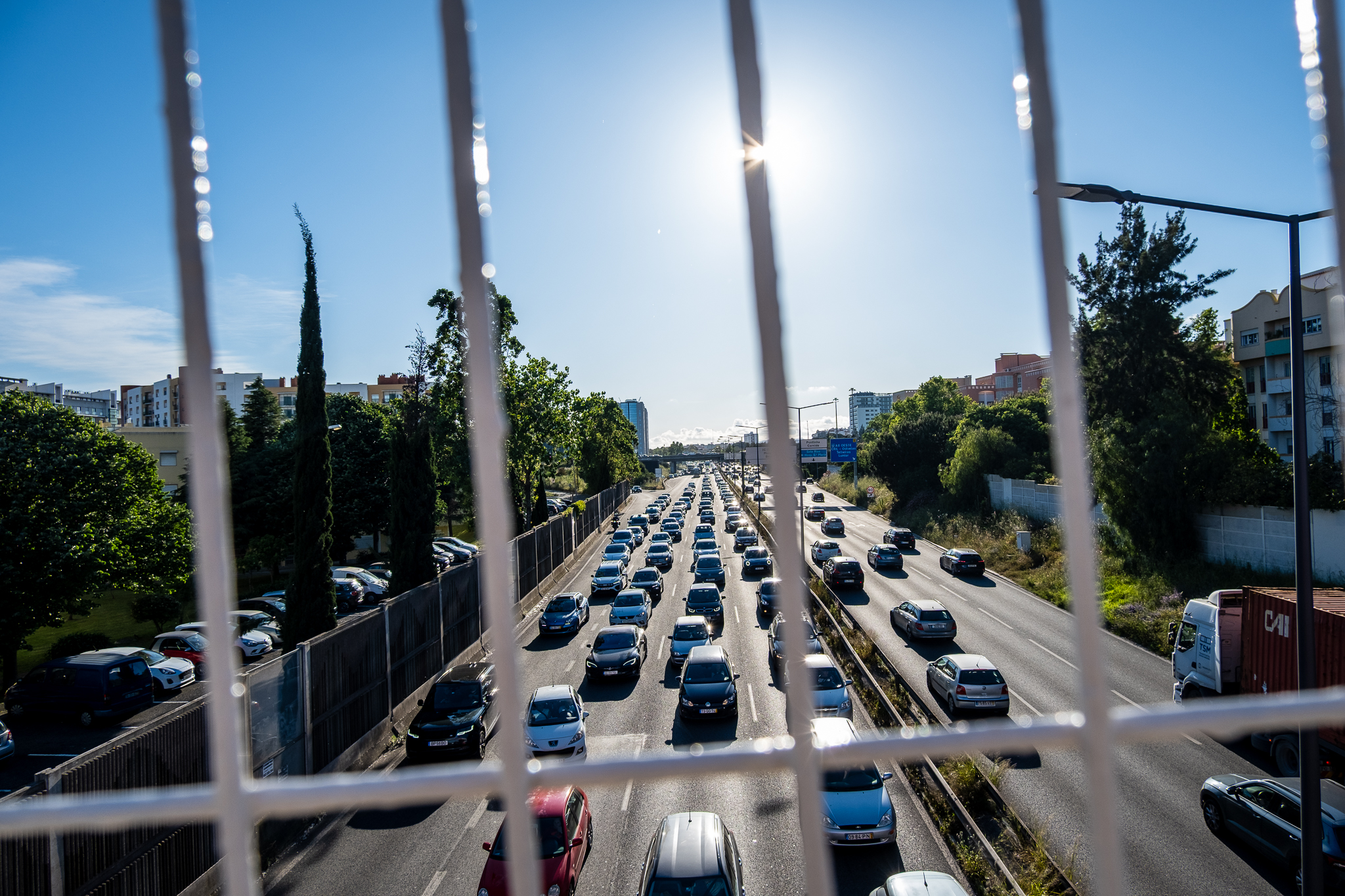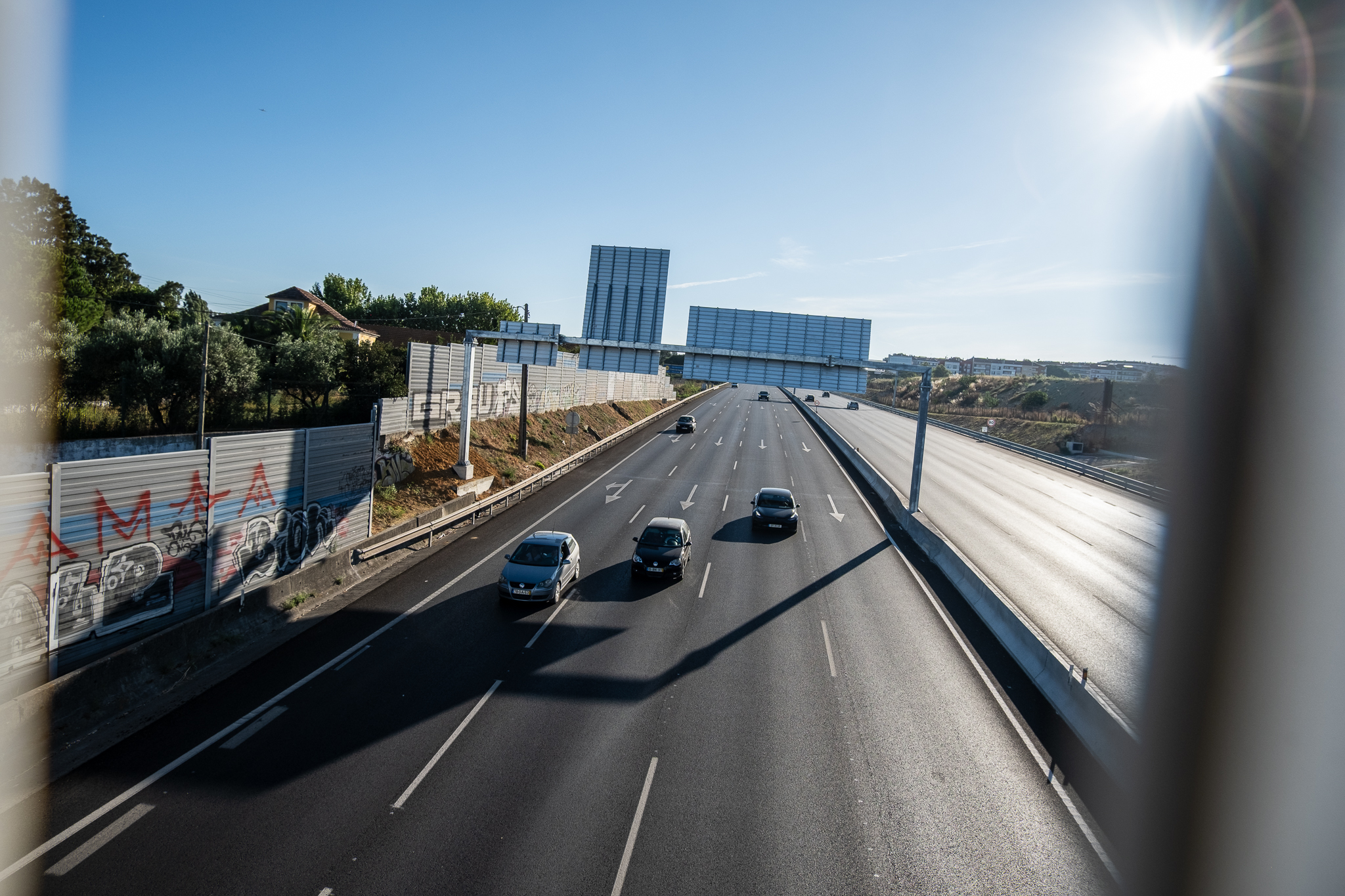
Applications in the electric bicycle category recently reached the limit of incentives that the Environmental Fund made available for the whole year. MUBi - Associação Pela Mobilidade Urbana em Bicicleta (Association for Urban Mobility by Bicycle) is calling on the government to take advantage of the demand for cycling generated by the pandemic to strengthen this program and come up with more support measures to encourage more people to switch from cars to bicycles.
After the opening of applications, It only took three weeks for conventional bicycles to run out of support that the Environmental Fund has made available for 2021 in this category. Now, just over four months into the year, there are electric bicycles that reach the incentive limit planned for the whole year.
If in 2020 support for electric bicycles didn't reach the middle of the year, this year, even though the number of incentive units in this category has almost doubled, they are running out even sooner.
The use of bicycle as an alternative to car travel in cities has been growing for several years all over the world, especially in places that have invested in creating the conditions to make it a safe and convenient option. With the pandemic, and people looking for a safe and healthy mode of transportation, the demand for cycling has skyrocketed.
However, more than a year into the pandemic, we're seeing missing an opportunity to radically change the way the Portuguese move around our cities.
MUBi hopes that incentive support for the purchase of bicycles from the Environmental Fund could be strengthened still this year to meet the existing demand, and asks the Government to take advantage of the boom that the pandemic has generated interest and demand for cycling to move forward quickly with other measures to support and encourage active mobility.
The bicycle is the most energy-efficient mode of transport and, after walking, what fewer emissions produced. Cyclists produce 84% less CO2 emissions related to mobility than non-cyclists, and that those who switch from cars to bicycles reduce their emissions by 3.2 kg of CO2 per day, according to a recent study led by by the University of Oxford with data from cities across Europe. The transfer from car to bicycle contributes ten times more for reducing emissions than the electrification of car engines, concludes the same study.
Promoting active travel should be one of the basis of strategies with net zero carbon emission targetsespecially in urban areas. At the same time, the bicycle contributes to the improvement of public health and the quality of urban lifeand should be valued as such.
A electric bicycleThe use of the bicycle, in particular by helping to transport children or heavier loads, on longer journeys or when tackling steeper climbs, has extended access to cycling to new and more diverse groups of the population. It therefore has enormous potential to replace journeys previously made by car.
MUBi has been advocating the creation of a national incentive program for commuting by bicycleThese programs are similar to those that exist in several other European countries. This type of program has great potential for effective modal shift from the car to the bicycle in everyday travel, and has been proven to result in an excellent positive return for society, particularly in terms of public health.
A National Strategy for Active Cycling Mobility (ENMAC) 2020-2030 was approved almost two years ago, and many of its measures should already be "on the ground". However, the Strategy still lacks a dedicated coordination team and its own budget. The entities responsible for its measures also need to be empowered with human resources and the technical and financial means to implement them. With ENMAC, the government has set the goal that by the end of this decade the modal share of bicycle travel in Portugal will be equivalent to that of the rest of Europe. The Assembly of the Republic has been doing this for the last year, several timesto urge the government to prioritize and speed up its implementation and the execution of its measures.
But also the municipalities need to do much more in discouraging excessive car use, reducing motorized speeds, distributing urban space more equitably for the use of healthier and more environmentally sustainable modes, and creating networks of safe routes for those on foot and by bicycle.










